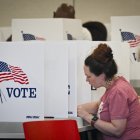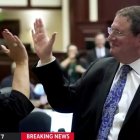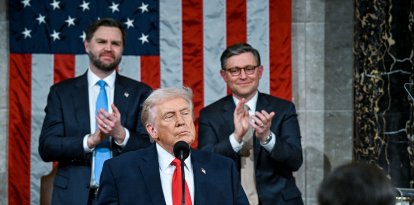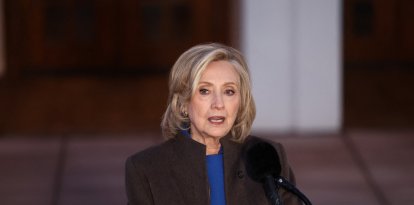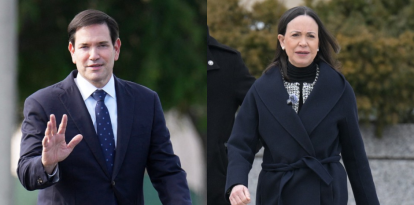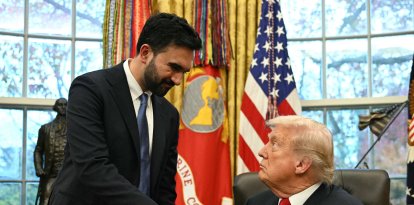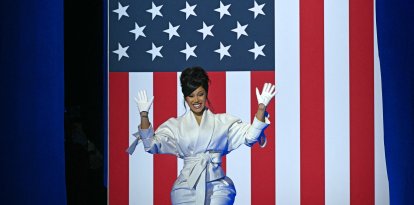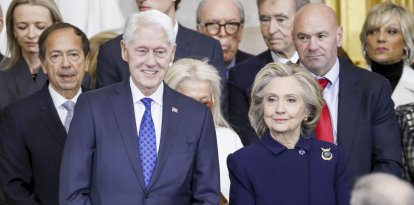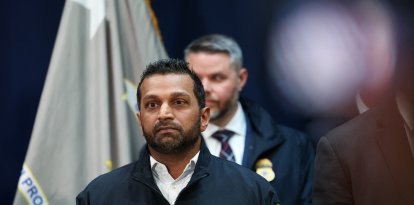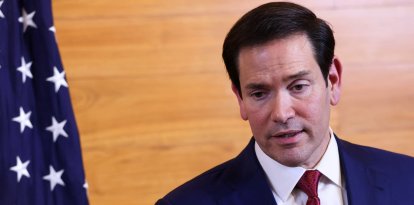Wisconsin: Soros-backed Democratic candidate wins judicial race, defeating Trump's nominee and Musk's millions
The race, won by Judge Susan Crawford, became a local referendum about the president and the political influence of the Tesla-owning tycoon.
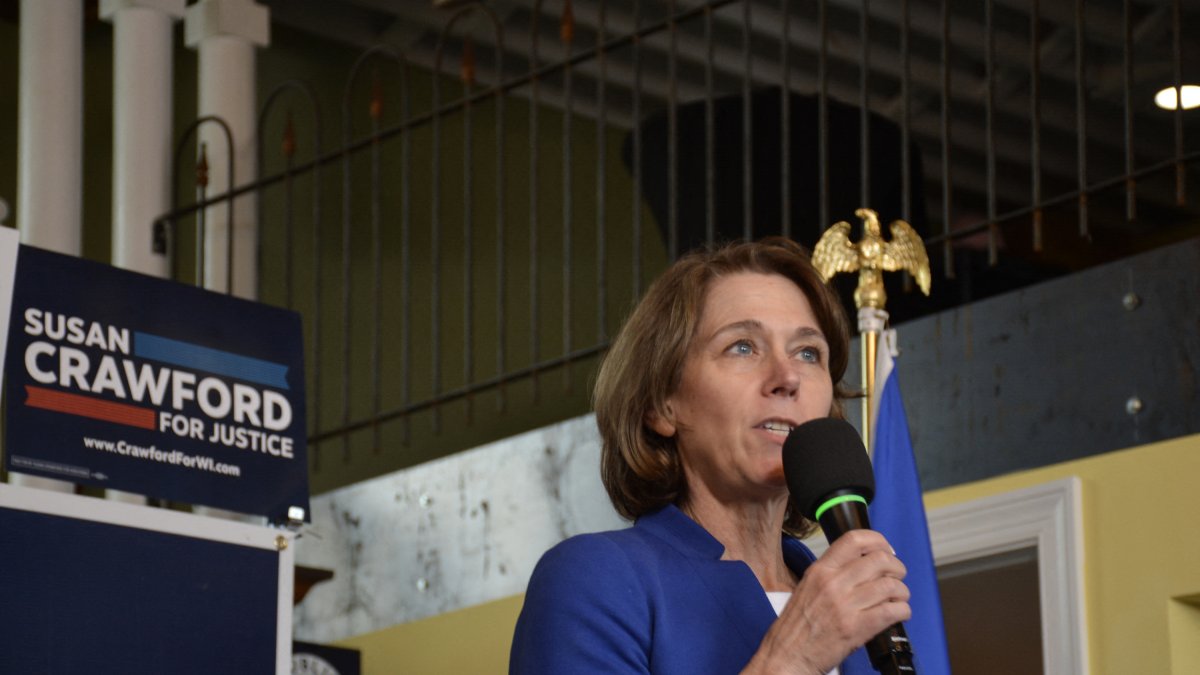
Susan Crawford in a file image
Democrats took an important judicial race in Wisconsin on Tuesday that will allow them to retain a majority of progressive-leaning justices on the state Supreme Court. This could potentially define the future of the House of Representatives should congressional district maps be redrawn to benefit the blue party.
In a judicial election that became - in its scope - the most expensive in U.S. history due to outside spending by various powerful donors, Democrat Susan Crawford, a Dane County Circuit Court judge, beat Brad Schimel, a former state attorney general and current Waukesha County Circuit Court judge who was publicly endorsed by President Donald Trump and, especially, mogul Elon Musk, who donated more than $20 million to his campaign.
Musk, who meddled fully in this electoral battle, also became a talking point for Wisconsin voters, who debated for months about the tycoon's attempt to influence their local elections through multimillion-dollar donations.
Musk placed so much importance on this election that he even went so far as to claim that the judicial race would be "important for the future of civilization."

Politics
Musk warns Wisconsin Supreme Court battle could define the future of the U.S.
Sabrina Martin
Crawford, the victor, also gave a similar speech at her campaign closing Monday in Madison.
“This election is going to determine all of our fundamental rights and freedoms,” the Democratic judge said. “At this point, I think it’s going to determine whether we have a Wisconsin Supreme Court.”
In her victory speech, Crawford took aim at Musk: "I gotta tell ya, as a young girl growing up in Chippewa Falls, I never imagined I'd be taking on the richest man in the world for justice in Wisconsin. And we won!"
Crawford: I never could have imagined that I'd be taking on the richest man in the world for justice in Wisconsin. And we won. pic.twitter.com/CxhgnUdSaF
— Acyn (@Acyn) April 2, 2025
On the other side, Schimel quickly accepted defeat, announcing that he called Crawford to concede and explaining that his strategy "Just didn't work."
"Just didn't work." Brad Schimel said he called Susan Crawford to concede the state Supreme Court race.
— TMJ4 News (@tmj4) April 2, 2025
Read More: https://t.co/2UJej1lOq3 pic.twitter.com/toYANHzQvv
At press time, with 84% of the precincts counted, Crawford held a solid 54.8% to 45.2% lead over Schimel.
Despite being a local judicial victory for a state Supreme Court, Crawford's victory has profound political implications for Wisconsin and the entire country.
First, with her victory, Crawford secured the advantage for progressive justices on the Wisconsin state Supreme Court, which held a slim 4-3 majority before the election. This same institution will soon have to rule on key issues of concern to local and national voters, such as redistricting, labor and voting rights, and abortion.
The redistricting issue is particularly sensitive. For months now, Democrats have suggested that a Crawford victory could help them redraw local maps. This situation would potentially trigger an advantage for Democratic candidates to depose Republicans and pick up two seats in the House of Representatives, where the GOP's narrow lead was padded by two seats thanks to two victories in Florida special elections.
For this and many other reasons, Musk wasn't the only conservative donor to put money into Schimel's race. Transportation magnates Richard and Elizabeth Uihlein, known for backing conservative causes, dolled millions to support Schimel and the Wisconsin Republican Party.
However, although many media outlets focused on the mega-donors' backing of Schimel, Crawford was also backed by millions of dollars, raising more than $10 million for her race.
Even, progressive mogul George Soros, one of the Democrats' biggest left-wing donors, poured about $2 million into the Wisconsin race.
In addition, Illinois' progressive governor, JB Pritzker, also contributed large sums to support Crawford.
Despite all the potential national implications, the Wisconsin court battle also became a referendum on Donald Trump's first months in office and Musk's political clout. Both of whom took their first political defeats since last November, when Republicans won the trifecta in the general election.
Perhaps, the consolation for Republicans is that, at least, the vast majority of voters (over 60%) backed "yes" on the voter photo ID question, a proposal to amend the Wisconsin Constitution to require a photo ID to vote; standing in the way of the courts removing this voting requirement.





